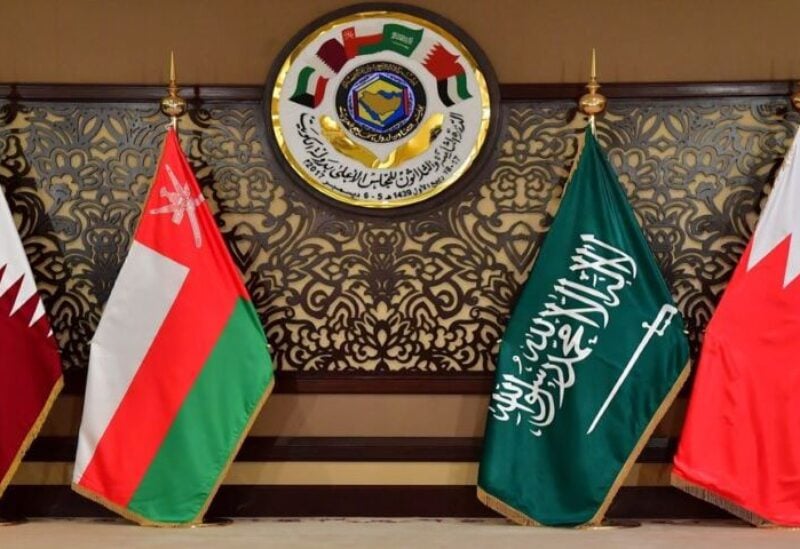
Gulf Cooperation Council
Lebanon is facing the worst diplomatic and political crisis with the Gulf countries as a result of the awful irresponsibility in the dealings of some of its leaders and officials with the brotherly countries. The crisis will certainly affect Lebanon’s economic situation, as it will suffer financial losses after suspending exports of Lebanese products.
Diplomatic sources wonder about the reasons that put Lebanon in a state of enmity with countries, and what it has to do with the Yemeni situation or any other situation, especially if those officials who express positions depart from the Arab consensus and from the constants that official Lebanon adheres to it, which is contained in its documents to the Arab League. Lebanon has made a distance from any conflict between two Arab countries, and stands beside the Arab countries and supports it if it have differences with non-Arab countries.
The sources ruled out that there will be a solution to this crisis at the present time, and said to Sawt Beirut International (SBI) that the Gulf track, after everything that happened, has become an upward course and will not be resolved easily, unless actual changes are achieved on the ground in Lebanon.
The Saudi position yesterday not only dealt with Kordahi’s position on the issue of Yemen, but also a series of points on which Lebanon wasn’t cooperative and positive in relation to the Kingdom, mainly the drugs smuggled, the Saudi wanted men, Hezbollah’s influence on power and its training to the Houthis, and the Lebanese authorities’ ignoring of the facts and their continued failure to take corrective measures that ensure observance of the relations that the Kingdom has always been keen on.
Lebanon’s first attempts to address it, if it is able to do so, is the meeting of the Crisis Cell in the Ministry of Foreign Affairs and Emigrants, and amid intense media secrecy, the sources reported that possible means were studied to restore relations to normal, especially since Lebanon does not want any damage to its Arab brothers and wants the best relations with them.
A ministerial source who participated in the meeting explained to SBI that the Crisis Cell is working to follow up on the emerging issue, and is evaluating all its aspects. In response to a question about whether the Crisis Cell decided to visit the Gulf countries to settle the matter, the source said that such an issue is premature.
The diplomatic sources confirmed that in the diplomatic interpretation and international law, if Saudi Arabia, Bahrain and Kuwait asked the ambassadors of Lebanon to leave, this means that the three countries considered the ambassadors “persona non grata.”
Therefore, this is not called cutting diplomatic relations, but rather a downgrading of these relations. Therefore, Lebanon’s embassies in these countries will remain open and will carry out their tasks without an ambassador.
On the other hand, summoning these Gulf countries to their ambassadors in Beirut is a downgrade of the level of diplomatic representation and not a closure of embassies. It is a process of reciprocity contained in the Vienna Convention on International Relations. This means that if political relations are rearranged at a later stage and the crisis is overcome according to new political conditions, the level of diplomatic representation will be restored to that of an ambassador.
The question that arises, will the Crisis Cell be able to make achievements in this regard if Prime Minister Najib Mikati was not been able to do so far?